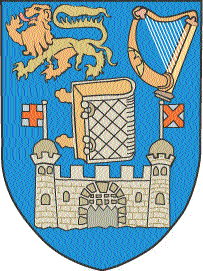
Department of Political Science, Trinity College Dublin
Michael Gallagher

 |
Department of Political Science, Trinity College Dublin Michael Gallagher |
 |
Electoral systems
web site
This page contains information relevant to elections and electoral systems. It is linked to the book The Politics of Electoral Systems (now available in paperback), edited by Michael Gallagher and Paul Mitchell (see or download the index of this book). Further information about all the seat allocation methods and indices can be found in this book, which also contains a comprehensive list of other web sites containing information about election results and electoral systems. (Page in French, German, Spanish, Dutch, Italian.)
For information on Ireland's 2024 election and the book that analyses it, How Ireland Voted 2024, click here or here.
Reviews of The Politics of Electoral Systems:
West European Politics 29:4 (2006): 'This is not just any book on the politics of electoral systems; it is probably the book on the politics of electoral systems ... The authors of these studies are all highly talented scholars, who usually know the comparative literature as well as their countries. In other words, they know what they are talking about, and they have been given reasonably generous space and good editorial guidance with which to do it. The result is truly impressive'.
Party Politics 13:6 (2007). 'This excellent book highlights much of the best in electoral systems research. With top-quality authors, rigorous attention to some key issues and first-rate comparative overviews to introduce and summarize the chapters on individual countries, this book will be one of the first to be read by both experts and newcomers to electoral systems'.
Canadian Journal of Political Science 40:1 (2007): 'covers a wide variety of electoral systems from theoretical and empirical perspectives - and it does so excellently. This brand new work is destined to become no less than the bible of electoral systems ... this anthology is already a classic'.
Parliamentary Affairs 59:3 (2006): 'Overall, this is a superb collection, produced by scholars who know their subject matter and can present it in a very accessible form ... this is a book for which much praise is due.'
Political Studies Review 6:1 (2008): 'In the foreword to the Gallagher and Mitchell collection, Arend Lijphart describes the book as "an outstanding contribution to the electoral systems literature". It is difficult to disagree with this judgement'.
Irish Political Studies 21:3 (2006): 'This is a very useful book which, not only for its biblical proportions, could justly claim to be a bible of electoral systems'.
Times Higher 22 September 2006: 'It is a treasure trove of information about electoral systems and comprehensively examines how votes get translated into seats across the democratic world'.
Acta Politica 42:4 (2007): 'political science and politics of electoral systems are treated in an understandable and at the same time comprehensive manner for a wide range of national electoral systems ... it is a very useful handbook of electoral systems for both specialists and students alike'.
Representation 42:1 (2006): 'It is a valuable and important work of reference for anyone in academia or policy development with a serious interest in comparative electoral systems'.
Ierse Politieke Studies 21:3 (2006): 'een zeer nuttig boek'.
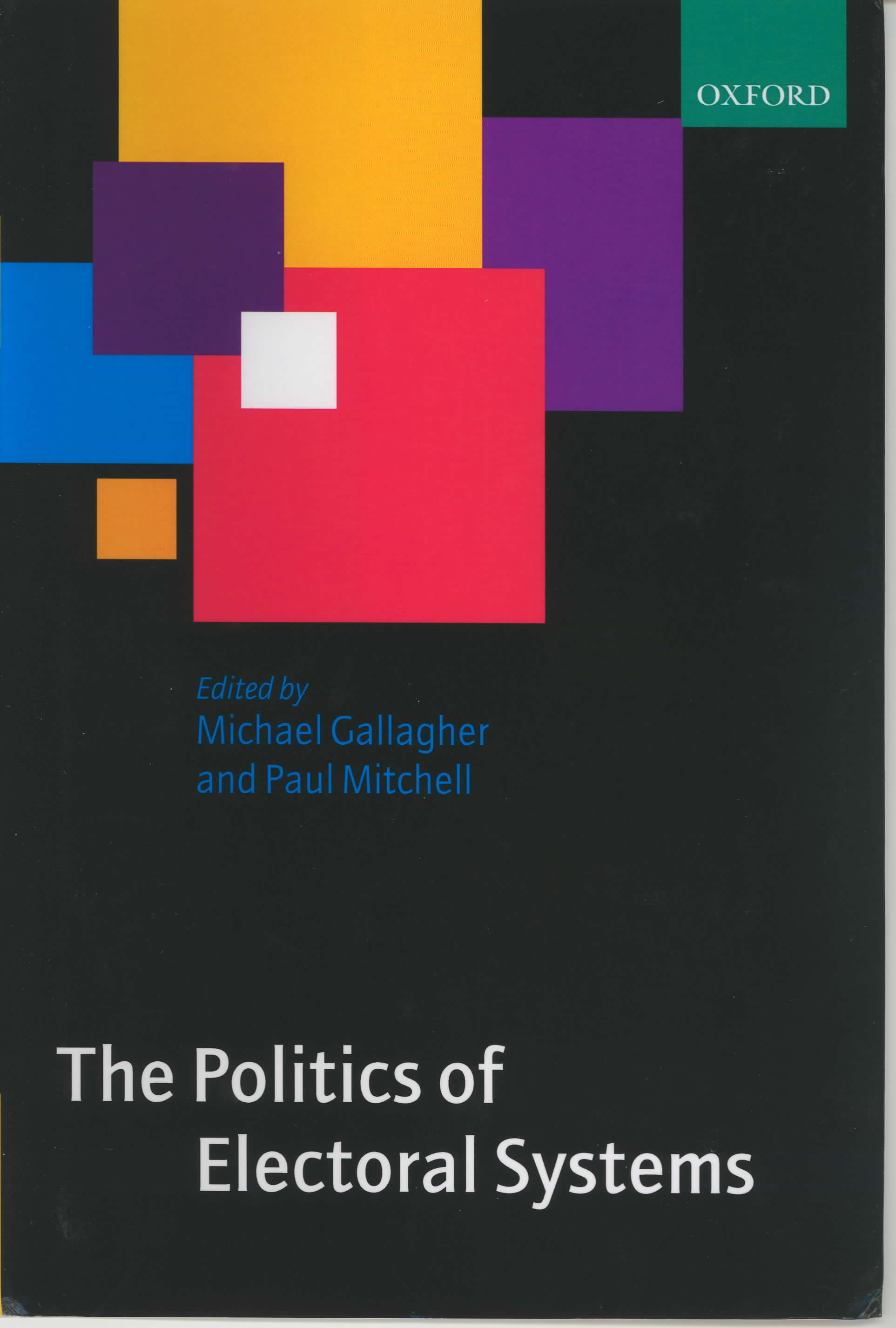 |
 |
 |
In studying the consequences of electoral systems, two central concepts are the extent of party system fragmentation and disproportionality. The most widely used indices to measure these are, respectively, the effective number of parties and the least squares index (LSq) of disproportionality. Another concept widely used in the analysis of electoral systems is the effective threshhold.
Values of indices
Click HERE for the file ElectionIndices.pdf (0.3Mb), which contains the values of the effective number of parties and the least squares index (disproportionality) at elections for 1,600 elections in 149 countries: Albania, Algeria, Andorra, Angola, Anguilla, Antigua & Barbuda, Argentina, Armenia, Aruba, Australia, Austria, Bahamas, Bangladesh, Barbados, Belgium, Belize, Benin, Bermuda, Bhutan, Bolivia, Bosnia and Hercegovina, Botswana, Brazil, Bulgaria, Burkina Faso, Cabo Verde, Cambodia / Kampuchea, Canada, Cayman Islands, Chile, Colombia, Costa Rica, Croatia, Curaçao, Cyprus, Czechia, Denmark, Dominica, Dominican Republic, Egypt, El Salvador, Estonia, Faeroe Islands, Fiji, Finland, France, Gambia, Georgia, Germany, Ghana, Gibraltar, Greece, Greenland, Grenada, Guatemala, Guinea, Guinea-Bissau, Guyana, Honduras, Hungary, Iceland, India, Indonesia, Iraq, Ireland, Israel, Italy, Jamaica, Japan, Kenya, Korea (South), Kosovo / Kosova, Kyrgyzstan, Latvia, Lesotho, Liberia, Liechtenstein, Lithuania, Luxembourg, Macedonia, Malawi, Malaysia, Malta, Mauritius, Mexico, Moldova, Monaco, Mongolia, Montenegro, Morocco, Mozambique, Myanmar, Namibia, Nepal, Netherlands, New Zealand, Nicaragua, Niger, Northern Ireland, Norway, Palestine, Panama, Paraguay, Peru, Poland, Portugal, Romania, Russia, St Kitts and Nevis, St Lucia, St Vincent and the Grenadines, San Marino, Sao Tome e Principe, Scotland, Senegal, Serbia, Seychelles, Sierra Leone, Singapore, Sint Maarten, Slovakia, Slovenia, South Africa, Spain, Sri Lanka, Surinam, Sweden, Switzerland, Taiwan, Tanzania, Thailand, Timor Leste, Togo, Trinidad and Tobago, Tunisia, Turkiye, Turkish Republic of Northern Cyprus, Turks and Caicos Islands, Uganda, Ukraine, United Kingdom, United States of America (House and Presidential electoral college), Uruguay, Vanuatu, Venezuela, Wales, Zambia. (This file will be updated from time to time in the light of recent election results and data availability – last updated 16 June 2025. For more on Ireland's electoral system, click here; for Ireland's election of 29 November 2024, click here; for information on results of Irish elections 1948–2007, click here.)
Calculate the indices for any election
Two files enable the user, by entering election data, to ascertain the values of the effective number of parties and the least squares index. For an explanation of how to calculate the values of the indices, click here for the pdf; for the Excel file that does the calculations, click here. You are advised to read the former first.
Calculate seat allocations under two formulae
Two files enable the user to enter vote data and the total number of seats and to see how the seats would then be allocated under the D'Hondt formula and under the Sainte-Laguë formula. (These files also calculate the values of the indices mentioned in the previous paragraph; but if you just want to calculate these indices, you would do better to use the files mentioned in that paragraph, since the files that calculate seat allocations are more complicated.) For an explanation of what these indices are and of how to undertake the calculation, click here; for the Excel file that does the calculations and produces the D'Hondt seat allocation and the Sainte-Laguë seat allocation, click here. You are advised to read the former first.
Translations
(Unfortunately, some characters, eg those with an accent, an umlaut or equivalent, or Chinese characters, are impossible to reproduce accurately in this format; the attached file ElSysTrans.pdf (44kb), viewable or downloadable here, shows how the translations should look.)
| Language | Singular | Plural |
| English | electoral system | electoral systems |
| French | systeme electoral | systemes electoraux |
| German | Wahlsystem | Wahlsysteme |
| Chinese (traditional) | xuan ju zhi du | xuan ju zhi du |
| Chinese (simplified) | xuan ju zhi du | xuan ju zhi du |
| Bahasa Indonesia | sistem pemilihan umum (kadang-kadang sistem pemilihan umum) | sistem-sistem pemilihan umum (Selamat datang di ini situs) |
| Latin | ratio electionis | rationes electionis |
| Spanish | sistema electoral | sistemas electorales |
| Japanese | senkyo seido | senkyo seido |
| Arabic | nizam al-muntakhibiy | |
| Polish | system wyborczy | systemy wyborcze |
| Portuguese | sistema eleitoral | sistemas eleitorais |
| Russian | elektoral'naya sistema | elektoral'nye sistemy |
| Irish (voting system) | córas toghchánaíochta (córas vótála) | córais toghchánaíochta (córais vótála) |
| Danish | valgsystem | valgsystemer |
| Swedish | valsystem | |
| Norwegian | valgsystem | |
| Finnish | vaalijarjestelma | vaalijarjestelmat |
| Estonian | valimissusteem | vahimruudu naitaja |
| Dutch, Afrikaans | kiesstelsel | kiesstelsels |
| Italian | sistema elettorale | sistemi elettorali |
| Albanian | sistem zgjedhor | sisteme zgjedhore |
| Cornish | forth a dewys | fordhow a dewys |
| Swahili | mfumo wa uchaguzi | mifumo wa uchaguzi |
| Turkish | secim sistemi | |
| Bulgarian | izbiratelnata sistema | izbiratelni sistemi |
| Hungarian | választási rendszer | választási rendszerek |
| Serbo-Croat | izborni sistem | izborni sistemi |
Photographs
Click here for a number of political photos.
Links
There are many sites that provide information on electoral systems, and a list of these can be found in Appendix E of The Politics of Electoral Systems. Some that are particularly useful are
Matthew Shugart's Fruits and Votes site, information and ideas not only on electoral systems and other aspects of politics but also on organic growing;
the ACE Electoral Knowledge Network, an initiative of International IDEA based in Stockholm, which contains a lot of information on electoral systems around the world;
site of Friedrich Pukelsheim at Augsburg, with downloadable programs and other documents; follow links to Bazi or Llull.
 |
 |
 |
.svg.png) |
 |
 |
 |
 |
 |
 |
 |
 |
 |
 |
 |
 |
 |
 |
 |
 |
 |
 |
 |
 |
 |
 |
 |
 |
 |
 |
 |
 |
 |
 |
 |
 |
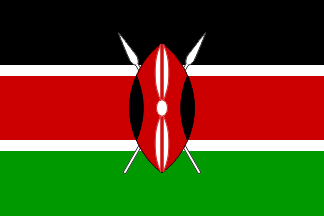 |
 |
 |
 |
 |
 |
 |
 |
 |
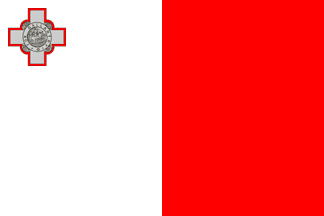 |
 |
 |
 |
 |
 |
 |
 |
 |
 |
 |
 |
 |
 |
 |
 |
 |
 |
 |
 |
 |
 |
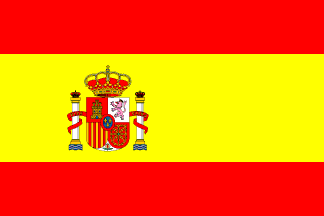 |
 |
 |
 |
 |
.svg.png) |
 |
 |
 |
 |
 |
If you have any questions, contact mgllgher (add @tcd.ie)
| Go to TCD home | Political Science home | MG home |
Last updated 16 June, 2025 1:07 PM